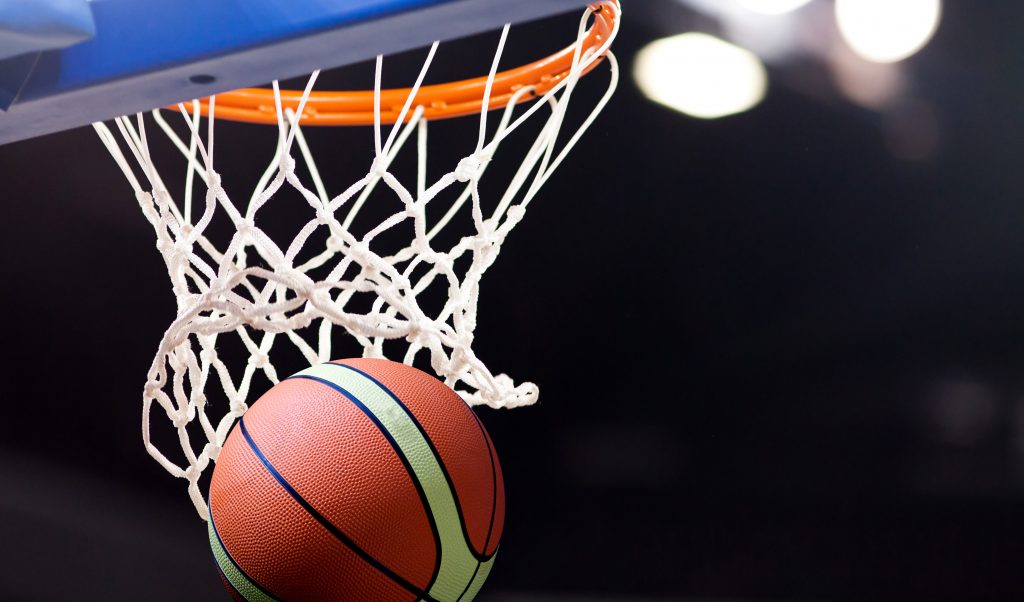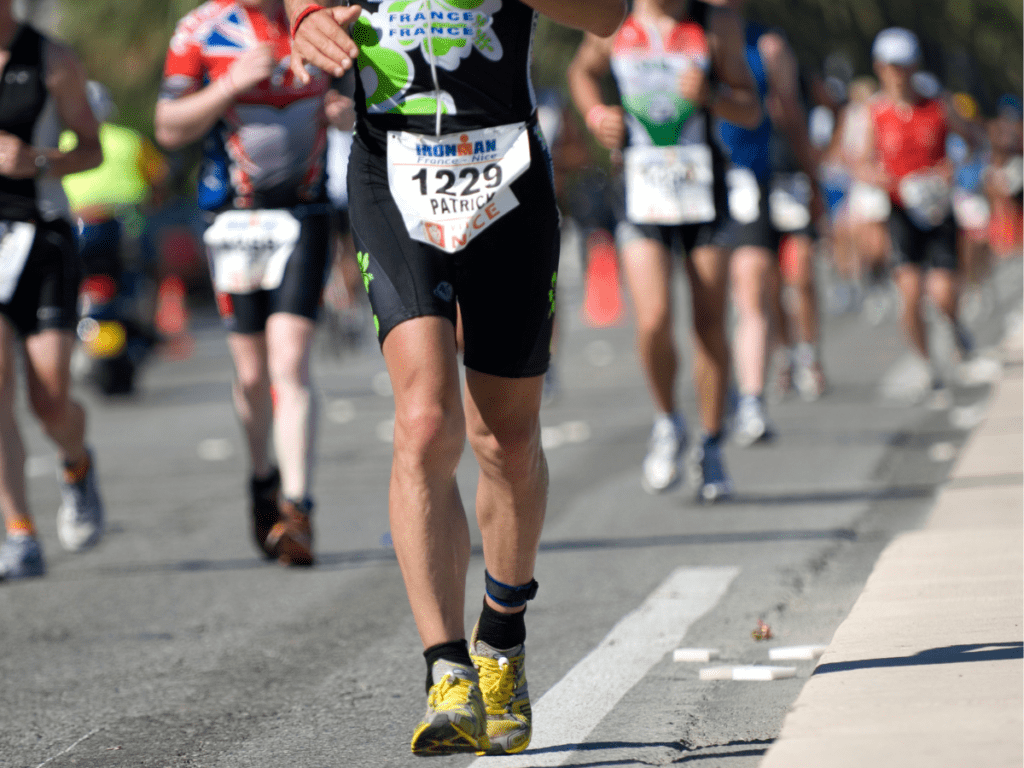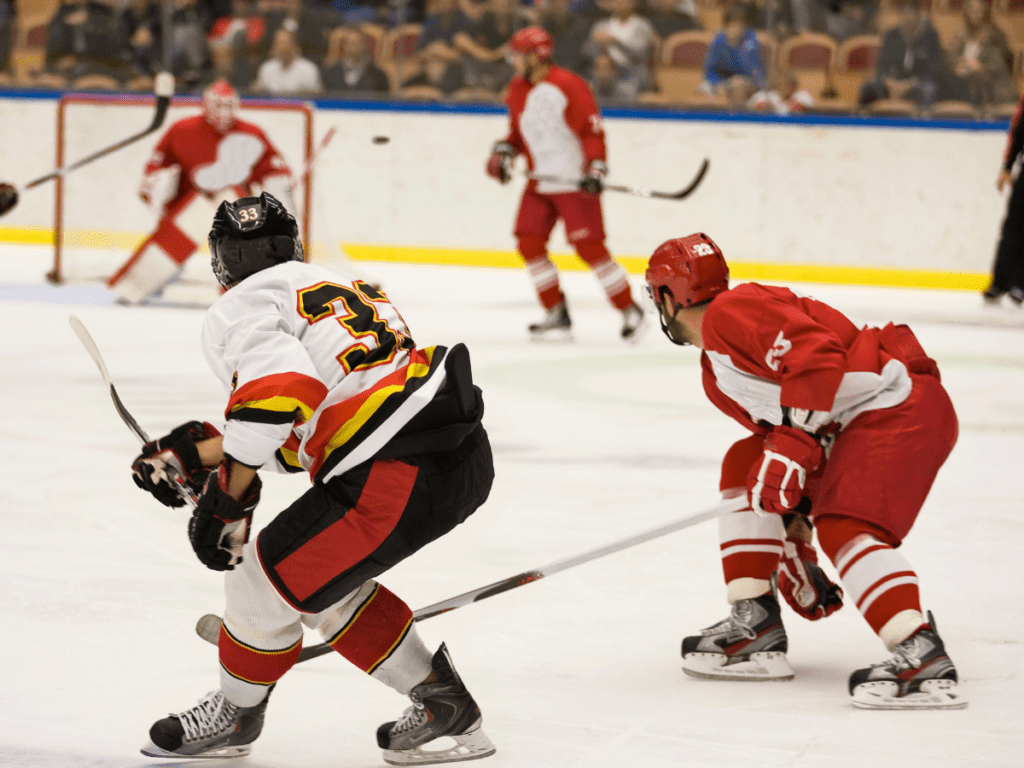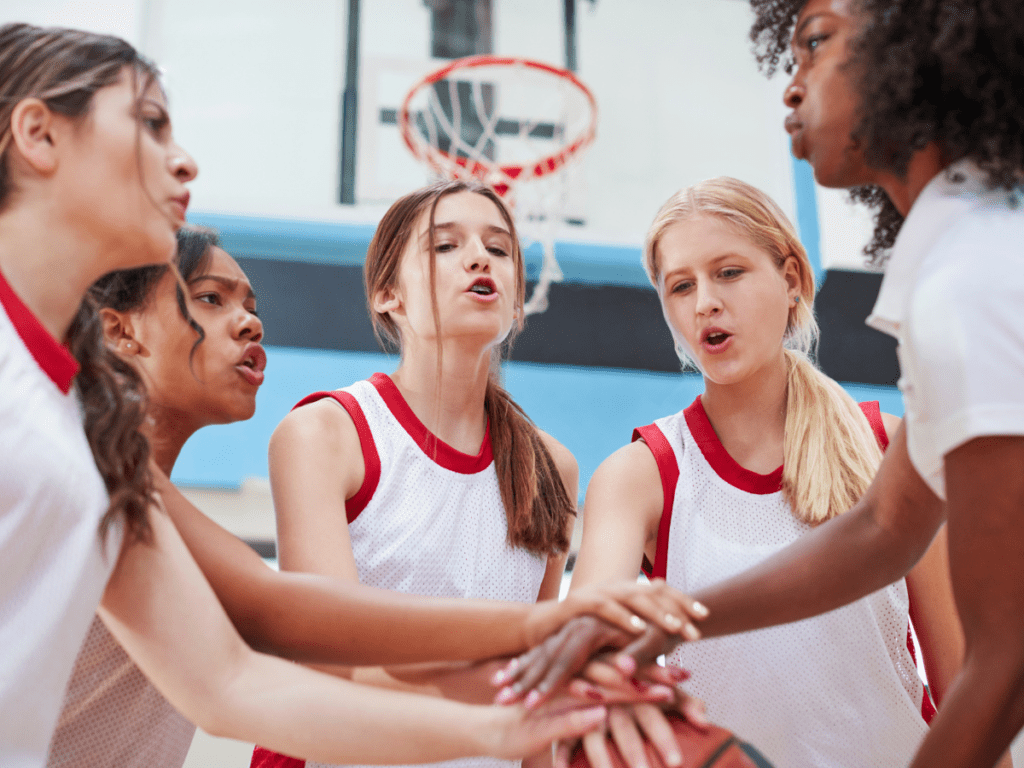Leadership Learning Strategies
Being the most skilled athlete or possessing the most experience in a group does not make us good at leadership – we need to learn it. In the latest SIRCuit, Cari Din, leadership learning facilitator and teaching faculty member at the University of Calgary, shares her top four leadership learning strategies.
Mind over COVID? Mental health tips for coaches, athletes, and sport administrators

During epidemics, the number of people whose mental health is affected tends to be greater than the number of people affected by the infection. Past tragedies have shown that the mental health implications can last longer and have greater prevalence than the epidemic itself and that the psychosocial and economic impacts can be incalculable if…
Want to Win? Focus on Communication

This blog is the third installment in a series in collaboration with Queen’s University. As an assignment to build knowledge mobilization skills, Dr. Luc Martin, Associate Professor in the School of Kinesiology and Health Studies, tasked students in his third year team dynamics course to write a SIRC blog. The top five were submitted to SIRC, and will…
Creativity in Sport
New research is examining how creativity can influence decision-making in sport. Analysis of professional and semi-professional soccer players revealed higher-creative players made quicker tactical decisions on the field, and displayed an enhanced focus that prevented them from missing key information during the game.
The Science Behind Procrastination
New research led by David Hardisty, professor at the UBC Sauder School of Business, investigates the science behind why we procrastinate and how excitement, anticipation, and dread factor into decision-making. To break the cycle of procrastination, Hardisty recommends changing the language of how you think about negative tasks. Instead of “having to” go for a…
Working Memory
Western University researchers reveal that brisk walks – as short as 20 minutes – are just as effective as caffeine in boosting working memory. Working memory is the ability to store and manipulate information in the moment, such as remembering items on a grocery list after you’ve driven to the store.
Finish… whatever it takes: Considering pain and pleasure in the Ironman Triathlon (a socio-cultural analysis)

Project Summary Stemming from my own involvement in Ironman triathlons, I became interested in ideas of pain and pleasure as social constructs. How might ideas about these things in the Ironman context relate to ideas about pain and pleasure circulating in the broader socio-cultural context? Furthermore, what might these relationships tell us about contemporary understandings…
Mental Performance for Officials
Officials have to make split second decisions that can affect the ultimate outcome of games. Strategies used by Canadian FIFA offical Marie-Soleil Beaudoin to prepare for games include a commitment to training, familiarizing herself with the teams., using keyword reminders to keep herself grounded, and disassociating the teams with the history and expectations they bring…
Phsychological skills and factors related to ice hockey officials’ coping and performance

Project Summary Research focusing on the development of psychological skills in sport, has been conducted primarily with athletes and coaches. However, we know little on how to assist officials to enhance their performance. Thus, the general objective of this research was to better understand ice hockey officials’ experiences in their sport and factors that influence…
Understanding adolescents’ positive and negative developmental experiences in sport

Project Summary Currently, there is considerable public concern about youths’ healthy physical and psychosocial development. As such, researchers in both developmental and sport psychology highlight a need to better understand how organized sporting activities may be contributing to youths’ positive or negative development. The purpose of this study was to gain understanding of adolescents’ positive…